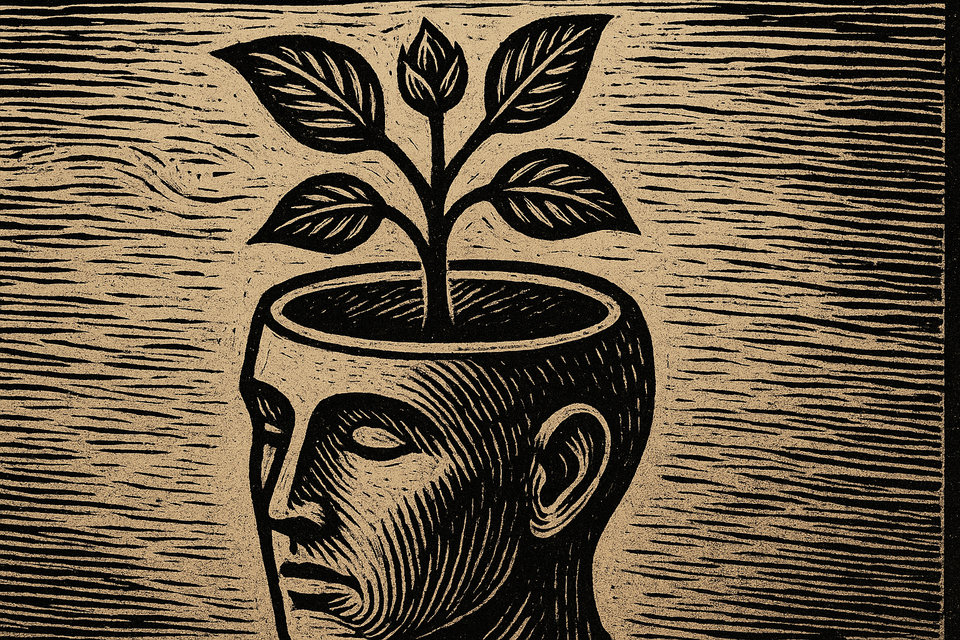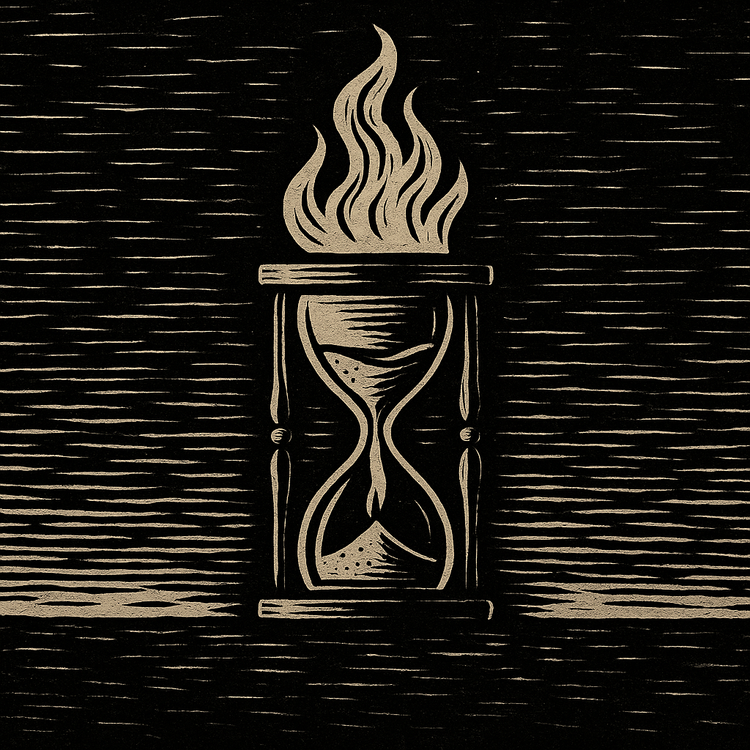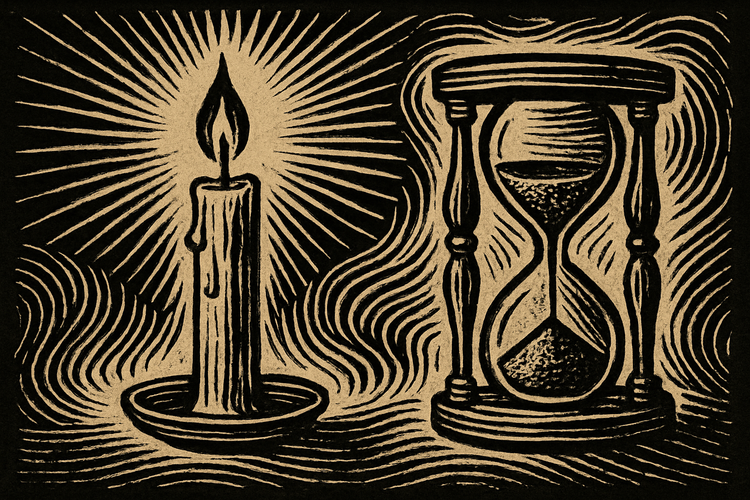The Good Place S4E3 "Chillaxing"

Spoiler Warning: This reflection contains full spoilers for The Good Place, including retrospective insights and thematic allusions. It assumes familiarity with the entire series and is written from the perspective of a rewatch.
Cracking Chidi’s Calm
From the moment Michael and Eleanor step into the reimagined Neighborhood, it’s clear Chidi is far too at ease. The man who once spiraled over a menu is now unbothered by Brent’s smugness, John’s gossip, or even a quiet ethics classroom. For Michael, this is a red flag; for Eleanor, it’s unbearable. Without the anxious moral urgency that once defined him, Chidi won’t push himself — and without that push, he’ll stagnate. So they reach for a familiar lever: discomfort.
The plan is half experiment, half recreation of an old “torture” tactic. Jason reprises his monk disguise, “confessing” to Chidi in private, forcing him into a moral bind: protect a friend’s secret or do the right thing. It’s a sharp contrast to the easy living Chidi’s been doing, and the strain shows almost immediately. What’s striking here is that the stress isn’t meant to punish — it’s meant to reopen the part of Chidi that wrestles with complexity, to make him vulnerable to growth again.
The Cost of Letting the Guard Down
What begins as a carefully calculated nudge soon turns personal. Eleanor, still nursing the hurt of Chidi’s choice to erase their history together — a choice they both knew was necessary to give the experiment a real chance — throws herself into the role of disruptor with a little too much relish. Each staged dilemma is designed to make him squirm, but beneath the controlled chaos is a steady pulse of resentment — a need to make him feel something closer to what she’s been carrying.
But Eleanor’s drive isn’t entirely strategic. Late in the episode, away from Chidi, she admits to Michael that her pushiness comes from more than just wanting him to grow. It’s rooted in the ache of feeling abandoned, of losing a connection that mattered. The confession reframes the whole plan: the discomfort she’s engineered is meant to help Chidi, yes — but it’s also a way to keep herself tethered to him. In saying it aloud, Eleanor takes her own reluctant step toward vulnerability.
From Polished Facades to Honest Connection
Tahani’s approach with John begins like a glossy magazine spread — an all-access pass to the spa, draped in indulgence and luxury. It’s a deliberate play to win him over through shared pleasures, a curated world where every detail gleams. But for John, who has built his own persona on judgment and image, the setting is familiar enough to keep his guard firmly in place. They trade polite barbs and surface-level stories, each safely protected behind a practiced façade.
It isn’t until the sheen wears off — when Tahani speaks candidly about her own insecurities and the isolation she’s felt — that something shifts. Stripped of the setting that flatters her, she offers something riskier: truth. John meets that openness with a small but genuine apology, a crack in his armor that no amount of pampering could have produced. In that moment, the real connection doesn’t come from the comforts of the Good Place, but from the mutual recognition of pain.
Vulnerability as the Real Engine of Change
By the end of “Chillaxing,” both storylines point to the same quiet truth: progress isn’t sparked by clever manipulation alone. Michael and Eleanor’s elaborate staging may have pushed Chidi into discomfort, but it’s Eleanor’s unguarded admission to Michael — her willingness to name the loss she feels — that gives the moment weight. Likewise, Tahani’s spa-day theatrics may have opened the door, but it’s her honest acknowledgment of her own flaws that invites John to step through.
In the Good Place, where every whim can be granted and every surface is polished, change comes only when those surfaces are set aside. It’s in the unplanned crack in a plan, the unpolished confession, the moment when pain is met with empathy instead of avoidance. Growth here isn’t a product of the setting; it’s born in the space where people stop performing and let themselves be seen.



Comments ()